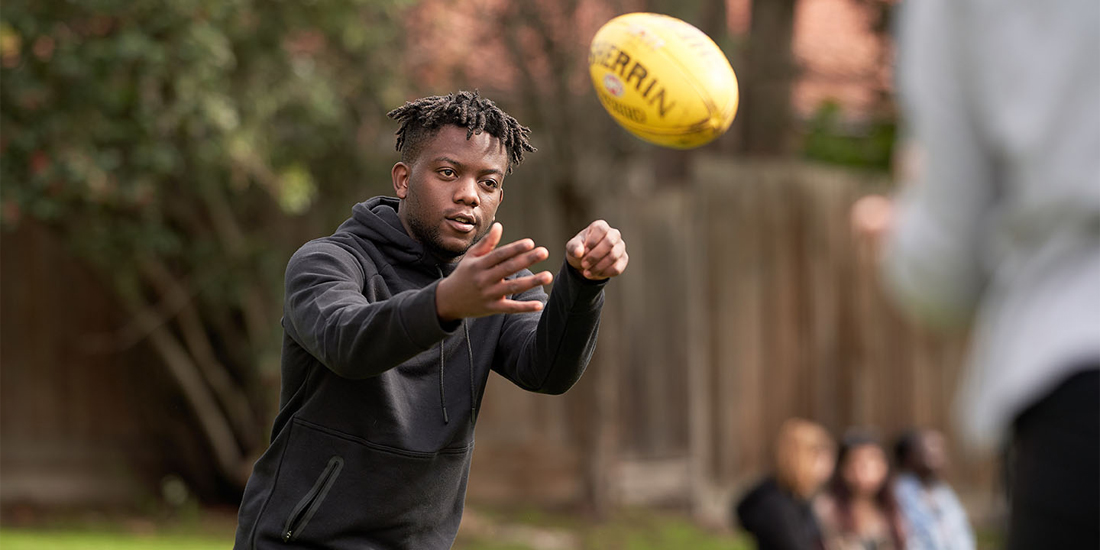
Orygen, in partnership with the AFL, has released an evidence guide for sporting teams to help guide best practice decisions about mental health promotion and early intervention programs.
The guide has been designed to help sporting teams and bodies make informed choices about the scientific evidence for programs that are designed to promote mental health or to respond to mental health symptoms.
Associate Professor Rosemary Purcell, lead author and head of elite sports and mental health at Orygen, said the importance of mental health in sport is increasingly recognised and understood.
“There’s a need for all sporting clubs, regardless of code, to be guided by evidence as to what works for promoting and responding to mental health, especially given that there are so many programs available in this space now,” she said.
Dr Kate Hall, head of mental health and wellbeing at the AFL, said while the importance of mental health in sport is increasingly recognised and understood, this rapid evidence guide was designed to help sporting clubs make informed choices about mental health promotion programs.
“As part of our industry response to mental health, we have worked closely with youth mental health researchers at Orygen to develop this guide for sporting clubs to understand how to safely and effectively implement mental health promotion and prevention programs,” Dr Hall said.
Orygen researchers systematically rated the level and quality of the evidence for each program or intervention and provided an overall recommendation of their effectiveness.
Associate Professor Rosemary Purcell said the purpose of the guide is to highlight programs that can be used at the ‘whole of club/team’ or sport levels - rather than the individual athlete level - to lead to mental health benefits.
“Responding to mental health in sport, like other areas of health, should be based on the best-available evidence, to maximise the efficient use of limited resources.
“This evidence guide should assist sporting teams to adopt best practices in mental health and ultimately lead to better mental health outcomes for athletes and teams,” Associate Professor Purcell said.
Read the guide